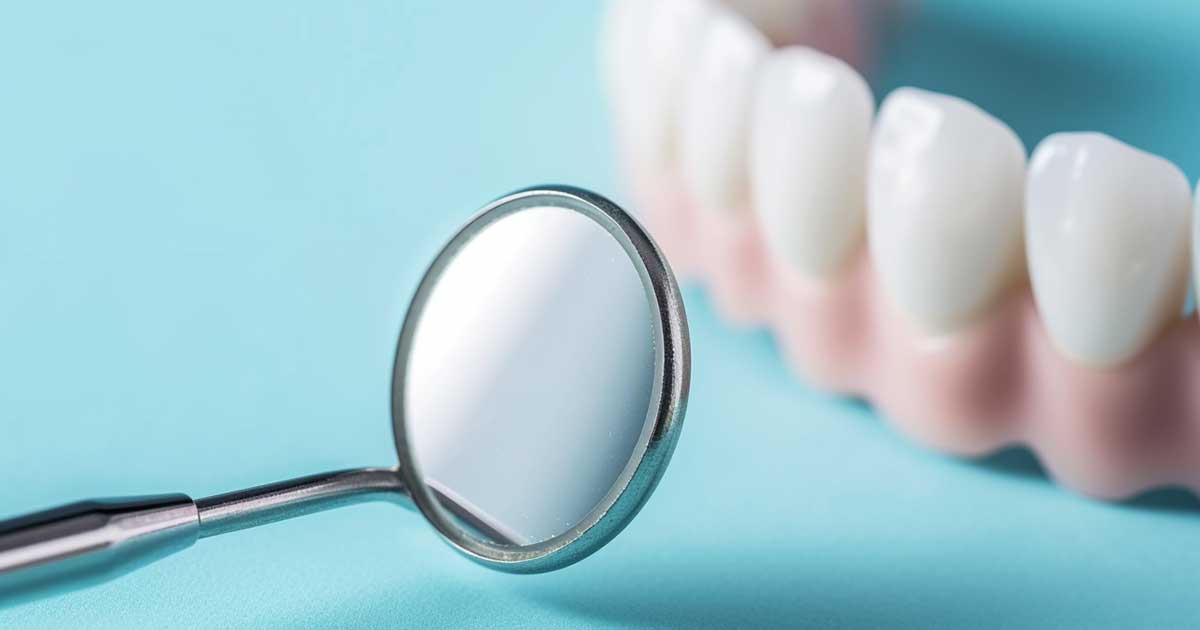More than 3/4 of people bleed their gums regularly. And yet, 2/3 of them consider their gums to be healthy! What are the causes of bleeding and how to treat it.
Causes of bleeding gums
Gingivitis
Gingivitis is an inflammation of the gums which affects nearly 30% of people, and which results from the accumulation of dental plaque caused by bacteria.
Often ignored because it is not very painful, this disease can cause destruction of the gum tissue which can lead to the retraction of your gums and then the loosening of your teeth, this is what we call periodontitis, which is different from gingivitis . Only impeccable dental hygiene and regular visits to your favorite dentist can treat it. Note that symptoms of gingivitis are more common during pregnancy!
However, it is possible to reduce the risks of this disease by knowing the foods to avoid to prevent periodontitis.
Smoking
Smokers are more likely to bleed gums than non-smokers because their immune systems are generally weakened. Additionally, smoking can leave traces of toxins on your teeth that are difficult to remove.
So, less cigarettes and more brushing your teeth please!
Poor oral hygiene
The tissue that covers your gums is very delicate. Brushing too hard, not regularly enough or with a hard-bristled toothbrush can easily damage this tissue, causing bleeding.
Taking medication or being pregnant
Certain products such as blood pressure medications can increase the risk of bleeding gums. Other medications, such as antihistamines, antidepressants, etc. can affect salivation, which helps eliminate food residues and neutralize acids present in the mouth, which can therefore also weaken your gums. Furthermore, pregnant women can also suffer from bleeding gums.
How to prevent bleeding gums?
Brush your teeth regularly
Dentists recommend two to three brushings for 2 minutes per day, after each meal, so try to stick to it!
Use a sonic technology toothbrush
Sonic technology toothbrushes, such as our Zen Bamboo Electric Toothbrush, help reduce bleeding and keep gums healthy because it is no longer necessary to make manual movements thanks to sonic vibrations.
This therefore limits the risks of making a wrong movement and damaging the gum tissue, while removing more dental plaque compared to a manual brush.
Choose soft bristles for your toothbrush
Brushes with hard bristles are often too aggressive for the gums and do not necessarily clean teeth better: on the contrary, brushes with soft bristles allow you to better clean the small interdental spaces and therefore also reduce the formation of dental plaque!
Floss daily
It is often said that brushing is only 50% of the work. In fact, brush bristles are not always capable of completely eliminating waste that may remain between your teeth. It is therefore important to use dental floss or interdental brushes at least once a day!
Learn about the correct way to use interdental brushes beforehand.
Use a special toothpaste for sensitive teeth and gums
Some toothpastes contain active ingredients that strengthen the gums, which can significantly reduce bleeding and gum pain and strengthen the gum tissue . This will be very helpful for you to keep your normal gums healthy.
Visit your dentist
Even with perfect dental hygiene, it is still advisable to visit your dentist at least once a year, who will be able to detect any problem well in advance and advise you on the best habits to take to protect your teeth and gums!


Share:
The 6 golden rules for good dental hygiene
5 good resolutions to take care of your teeth in 2024